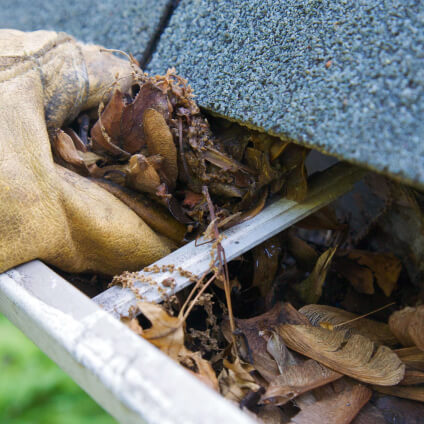What is Insuring to Value? How does it protect my home?

As a policyholder, it’s important to assure that your home is properly insured year after year. Whether it be external factors like inflation; completed projects around the house like a newly renovated kitchen or bathroom; or additions like a new garage or porch, it’s critical that your coverage reflects the most current value of your home.
There are two critical questions that you should discuss with your independent agent and be prepared to share back the latest information in response to determine if you have enough coverage for your home:
- Does your independent agent have the most up to date and accurate information? Homeowners often make updates or renovations to their homes but forget to increase their insurance protection to keep up with the increased replacement cost of the home. Be sure to share if you have remodeled any rooms (especially kitchens and bathrooms!), made interior or exterior renovations, and/or if you added any special features that can impact rebuilding costs like built-in cabinetry, high-end fixtures, distinctive materials, and intricate molding or woodworking.
- When was the last time your policy was reviewed? Many homeowners do not periodically review their policies to assure their coverage limit is keeping pace with inflation or increased construction costs. Adequate coverage begins with estimating the cost to reconstruct your property. Reconstruction cost is the amount to rebuild the dwelling on the property. The cost to reconstruct a dwelling is different than the estimated sale price, or market value. Things like the age of the home, size of the home, home style, type of foundation, and materials used play essential factors in estimating this amount.
There are also a series of terms that are helpful to not only understand but to have top of mind when discussing with your independent agent to assure your policy meets your needs:
- Replacement Cost vs. Actual Cash Value (ACV): The difference between replacement cost and actual cash value. Your agent with emphasize that insuring to the full replacement cost ensures that policyholders can replace their lost or damaged property with new items, while ACV may only cover the depreciated value.
- Special Limits and Exclusions: Ask your independent agent to clearly explain any special limits or exclusions in their policy. This help policyholders understand the limits on certain types of property (e.g., jewelry, electronics) and empowers independent agents to work with you to identify if additional coverage is needed for your high-value items.
- Risk Assessment and Mitigation: Ask your independent agent to help you conduct a thorough risk assessment for their property, including a discussion of potential risks specific to their location or property type and suggest mitigation measures. Demonstrating a proactive approach to risk management can underscore the importance of proper coverage.
- Insurance Bundling and Discounts: Explore potential cost savings through bundling policies (e.g., home and auto insurance) and leveraging discounts for safety features or security systems. Demonstrating value for money can make policyholders more receptive to increasing their coverage.
Homes are often policyholders’ biggest investments, and your independent agent can work with them to determine the proper coverage they need at the best value.
Please view our products for more information on our endorsements and connect with us on Facebook and X to receive the latest updates.
Please contact your independent agent and they will be happy to answer any questions about coverage. Safety Insurance helps you manage life’s storms both online and in person.





